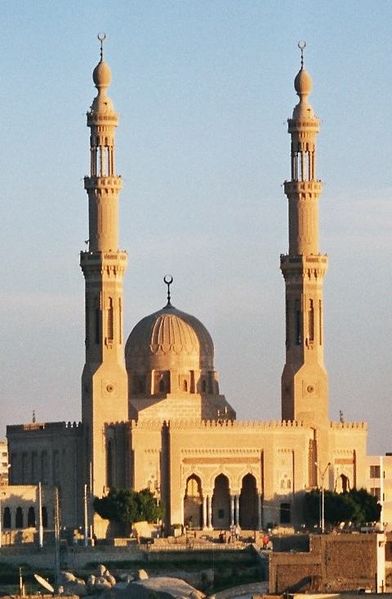 Children may be looking at a cut in their allowances, if the adults who provide them are big coffee drinkers.
Children may be looking at a cut in their allowances, if the adults who provide them are big coffee drinkers.A quick lesson in economics teaches disposable income is the money people bring home from work after taxes are removed. For most people, a large portion of disposable income pays for such necessities as food, housing, transportation, and clothing. After paying for these necessities, what is left over is discretionary income that can be spent on things like a mango, doll, game system, or any other things children want.
For those who need their morning cups of coffee, the anticipated increase in the world's price of coffee beans will reduce the amount of disposable income they have left over for discretionary spending. Is an allowance a necessity that has a claim on disposable income? If it is, it won't be affected by higher coffee prices. But a child's allowance may suffer, if the adult paying it considers an allowance in the same category as discretionary spending for a new toy. Increased coffee prices that reduce the amount of disposable income left over for discretionary income can cause a reduction in a child's allowance. If that happens, older children might decide to look for jobs that give them an income and the power to decide their own disposable and discretionary spending.
Considering a wider economic context, kids might learn to ask why coffee, banana, soda, bus fare, and other prices go up and down. When a supply increases and demand stays the same, prices go down. But, when supplies decline and consumer demand increases, prices also increase. That explains a coffee price increase.
In Brazil, Colombia, Costa Rica, Ethiopia, Kenya, and Tanzania, because of climate change, temperatures are rising in the high altitude tropical regions that grow high-quality Arabica coffee beans. There, coffee bean output is threatened by the pests and plant disease that flourish because of long periods of drought and short periods of heavy rainfall. The International Center for Tropical Agriculture (CIAT) in Colombia suggests survival for Arabica growers will require them to move 300 to 500 meters farther above sea level, an impossibility for Brazil's highly mechanized, commercial coffee plantations that supply 70% of the world's 1.6 billion cup daily coffee demand.
Although growing coffee under a canopy of trees, such as shown in the photo of coffee growing in Mexico, would increase the predators that feast on insects that damage coffee beans, reduce the costs of chemical pesticides and fertilizer, and curtail polluting run-off, for all but a few specialty brands, the trend in the past 20 years has been away from shade-grown coffee. High-yield Robusta coffee, like that grown in Vietnam and Indonesia, can withstand higher temperatures, but its lower quality is used mainly for instant coffee. Wet processed coffee beans from the Indonesian island of Sumatra gives them a different taste that some coffee drinkers dislike but others enjoy, especially when, for example, McDonald's mixes them with beans from other sources.
Whatever the coffee type, the same conflicts the palm oil and timber industries face regarding deforestation, questions of land ownership, competition among food crops, and water scarcity affect all types of coffee growers.
While the future of coffee production is uncertain, increased demand is certain. Using Arabica grown in Ethiopia, Rwanda, and Tanzania, Starbucks, in partnership with Taste Holdings, is planning to open in Johannesburg, South Africa in 2016. Positioned as part of the fashionable, upscale urban scene in Shanghai and Beijing, coffee consumption in traditional tea-drinking China is growing faster than anywhere else in the world. Although China's four-cup-per-person-per-year is very low compared to the U.S. and Europe, Starbucks and Costa are responding to the potential for growth by planning to double and triple the number of their shops in China by 2020. Sumerian, a local company, also has entered China's coffee shop scene. Although China currently imports most of its coffee beans, domestic growers have increased their production from 60,000 to 120,000 tons in five years. Unfortunately, most Chinese coffee is grown in the sun in southern Puer, Yunnan, where more fertilizer and water are required and, at the moment, all but 30% of Yunnan's coffee is exported because it is a lower quality than what Chinese shops prefer to serve.
With coffee consumption increasing, coffee bean growers have an incentive to solve production problems and meet high quality standards. Children who receive an allowance from coffee-drinking adults have an incentive to keep an eye on coffee prices.

